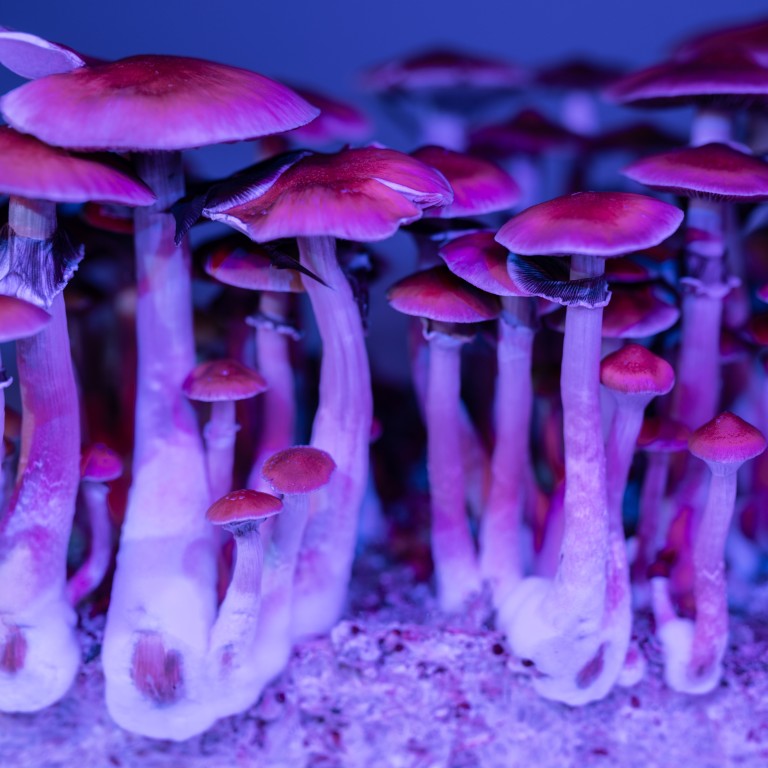
Magic mushroom chemical helps teacher quit drinking; researchers say psychedelics can change the brain and stop addictions
- Researchers explore whether psychedelic drugs such as magic mushrooms can help people shake the craving for legal and illegal substances
- A psychedelic trip is ‘a roller coaster that takes you on a tour of your inner self’, expert says, and the most empowering model for therapy he has found
Melanie Senn’s father, long dead, appeared to her as she lay back in the dimly lit room at the clinic in Santa Monica, California, a mask over her closed eyes, and the psychedelic trip began.
More precisely, it was his thumb. It was disembodied and huge, materialising in her mind to wipe away her own image. Just as a parent might lick a thumb, she said, and use it to clean the dirtied cheek of a child.
“It wasn’t like an aggressive move,” said Senn, 51. Her father’s thumb had appeared right after the word “goodbye” stretched before her, like a banner in the sky.
“It was like, ‘Goodbye. We’re going somewhere else. And you cannot take this version of yourself’,” she recalled.

Her father had died decades earlier, after struggling with alcohol use disorder and bouts of homelessness. She didn’t see herself as an alcoholic – it was a word that seemed out of place in her stable life as an educator, wife and mother – but she had begun to think about how much wine she was drinking at night, and the sapped energy and headaches she endured by day.
Senn signed up for the clinical trial to see whether therapy with psilocybin, the chemical compound in “magic mushrooms” that can cause hallucinations, might change her relationship with a much more familiar and socially sanctioned drug.
How psychedelics like magic mushrooms could treat depression and addiction
“If my dad had had access to psilocybin treatment,” she had wondered before her trip at the Pacific Neuroscience Institute, “could that have helped him”?
Psilocybin and many other psychedelics are broadly prohibited under United States law, categorised by the Drug Enforcement Administration as having “no currently accepted medical use”.
It’s not simply quelling the cravings. It’s really allowing the person to wrestle with much deeper psychological questions at the heart of addiction
The US Food and Drug Administration has deemed psilocybin a potential “breakthrough therapy” for treating depression, a designation that could fast-track the path to new pharmaceuticals.
Addiction treatment has been one of the most keenly watched areas of psychedelics research in recent years, as studies explore whether they could help people shake off the need for other substances, both legal and illegal.
How magic mushrooms could help treatment of alcohol abuse and depression
The striking thing about psychedelics is that they have shown promise in treating addiction to a range of substances, said Matthew Johnson, a psychiatry professor at Johns Hopkins University in the US state of Maryland.
“It’s not simply quelling the cravings. It’s really allowing the person to wrestle with much deeper psychological questions at the heart of addiction.”
In addiction treatment, “we really are at a place where we need radical advances”, Johnson added.
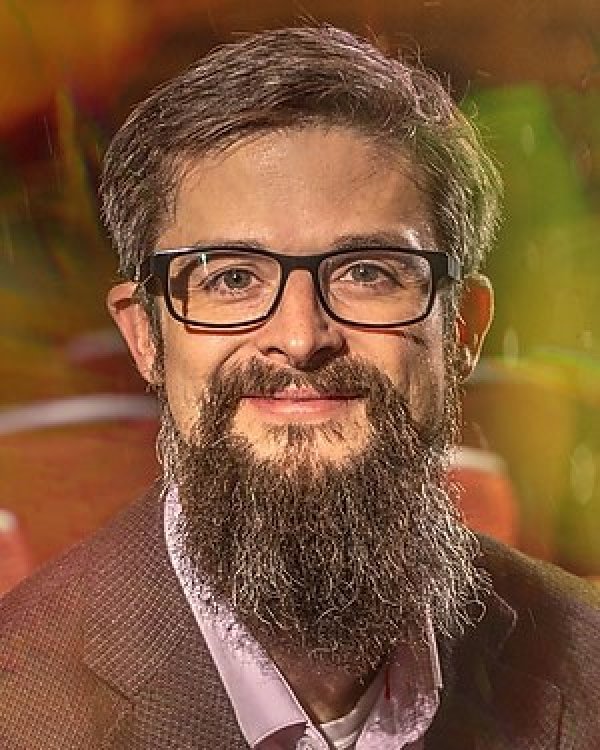
It’s unclear exactly why psychedelics seem to help some people with addiction.
Scientists have found that psilocybin acts on key areas of the brain that are important in addiction, said Dr Lorenzo Leggio, a senior investigator with the National Institutes of Health in the US.
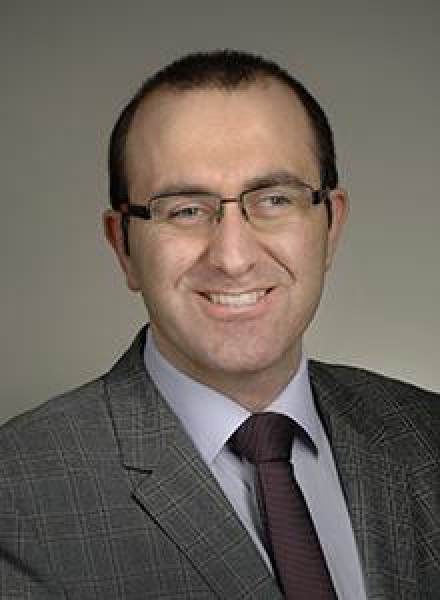
If you suddenly see life as a miracle, “the question of whether or not you’re going to be smoking just seems trivial”, Johnson said.
Psychedelics have known risks, especially outside a clinical setting where patients are being monitored, experts have warned.
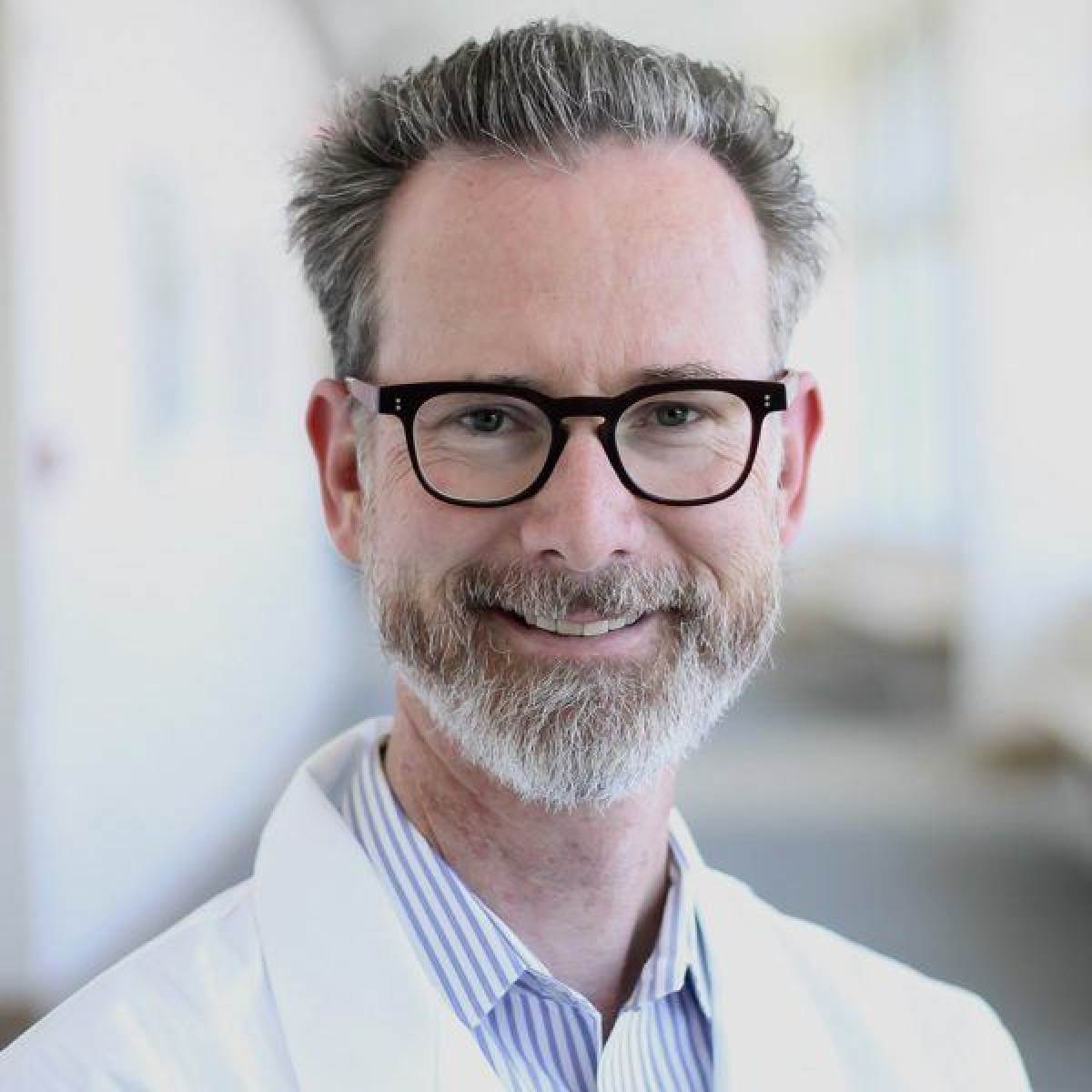
Dr Keith Heinzerling was an addiction-medicine doctor and researcher at UCLA before joining the Pacific Neuroscience Institute.
“It’s not mind control,” he said. “It’s a door that you can choose to open.”
The Treatment & Research in Psychedelics programme – better known as Trip – has let patients open that door in a softly lit room with a comfortable sofa and attentive therapists.
What is microdosing, why is it trendy and who is taking drugs this way?
One of the latest studies, which recruited participants with alcohol use disorder, sought to gauge the safety and tolerability of playing a video – with classical music trickling over majestic scenes of butterfly wings, mountain ridges and waterfalls – to ease patients into the experience before they cover their eyes.
Heinzerling said the therapists reassure participants that “we’re going to keep your body safe here – and allow you to let your mind go”. After the psilocybin session, they meet again weekly through the course of the study to talk about the experience, with therapists helping patients process what they felt and saw.
Senn, one of a score of people participating in that pilot study, called it “hands down the most profound experience of my life”. During her trip, she said, she experienced her father gently wiping away her image – “almost like he was erasing my ego” – then taking her to a celestial place that she strained to describe in words.
“I’m not a religious person,” she said, “but I truly think I have now been cured of my atheism”.
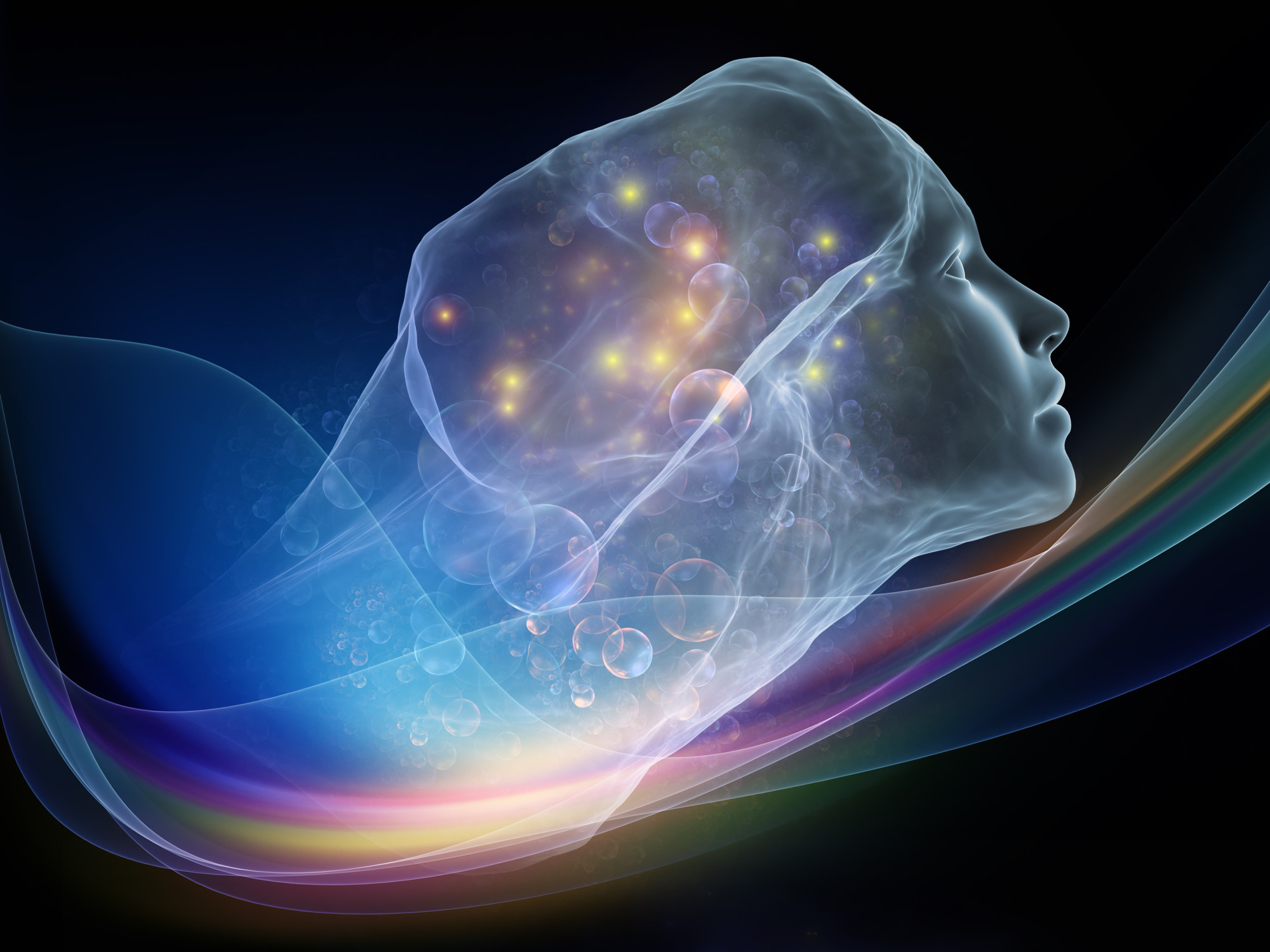
Senn said the depth of her psychedelic experience feels at odds with making simple declarations like “I’m not going to drink any more”. But tripping through the cosmos with her long-deceased father did bring home to her that “you have all these connections. You have all this love. You don’t have to hurt yourself.”
Months after taking psilocybin, she drank less, then not at all. Senn said her psychedelic trips were one part of a bigger journey that included changing her career, reading books on addiction, meditating, writing and practising yoga.
The transcendent beauty of her experience, she said, had made drinking seem dull and limiting.
“Seeing this sublime connection is making me feel so alive,” she said. “So much more alive than drinking myself to sleep”.

